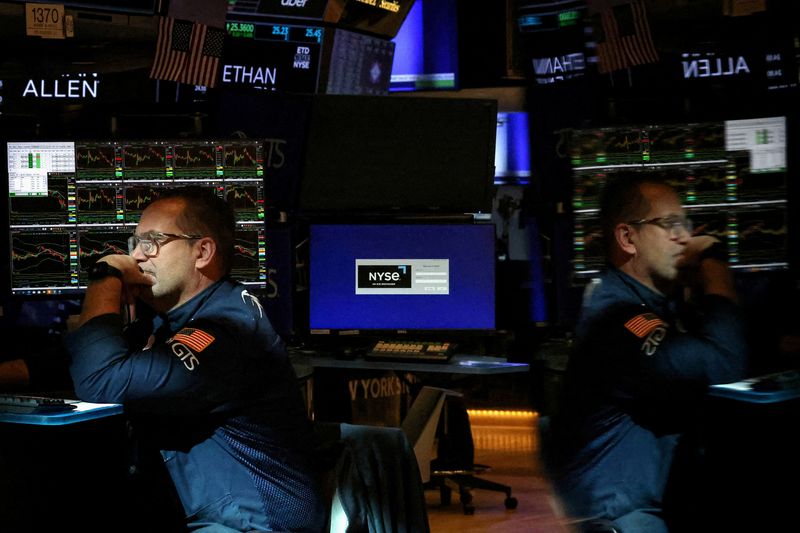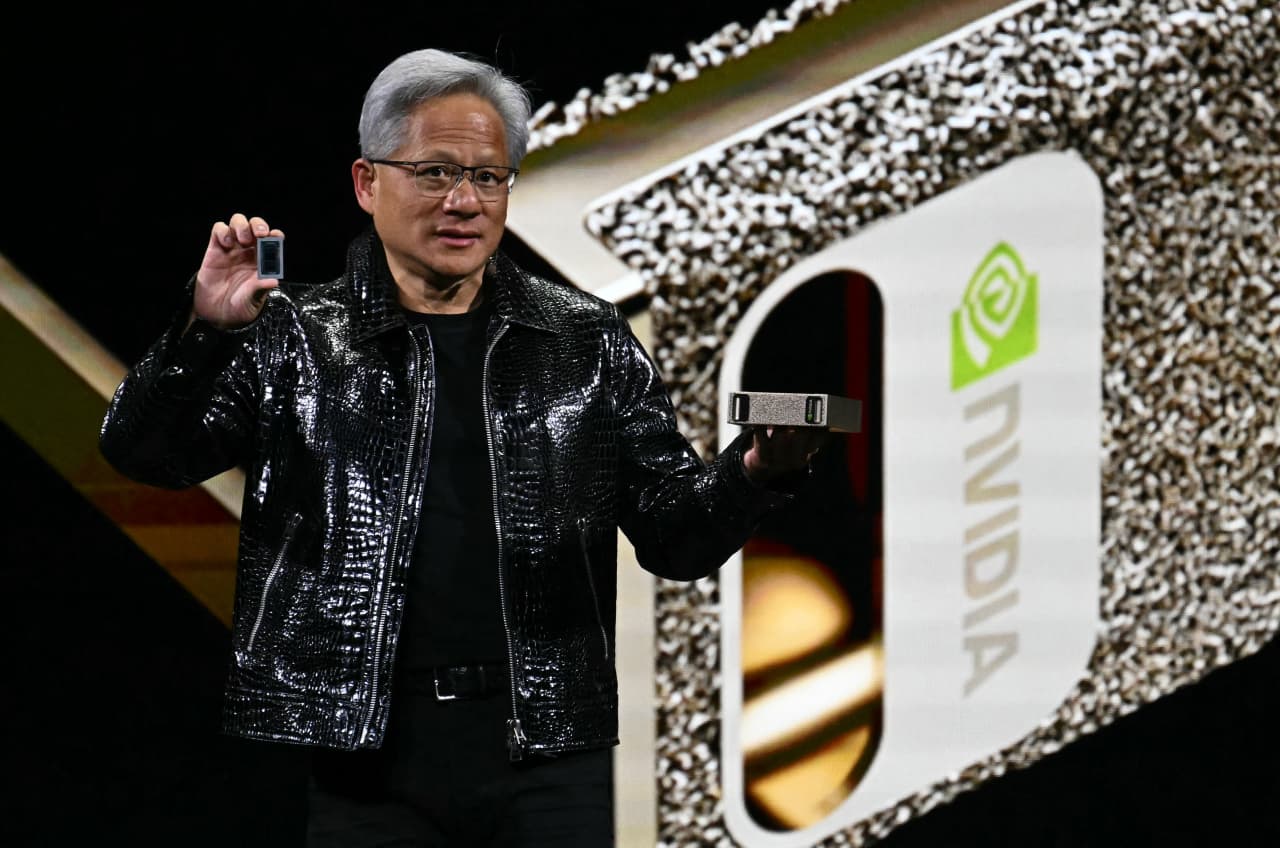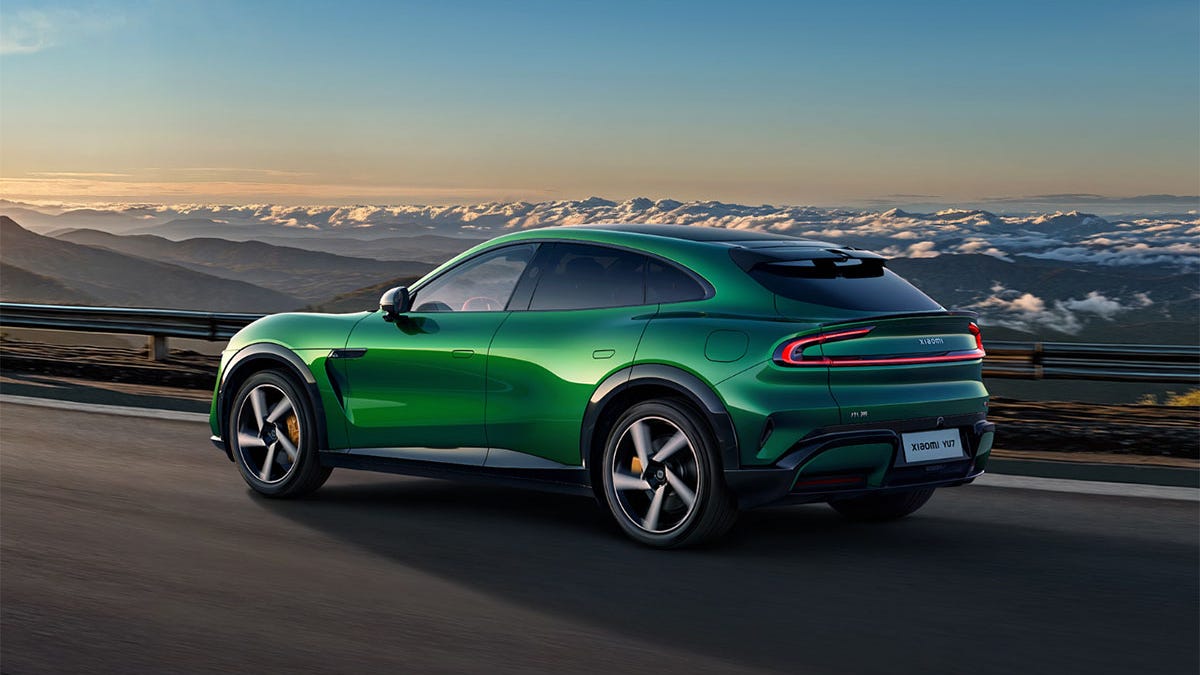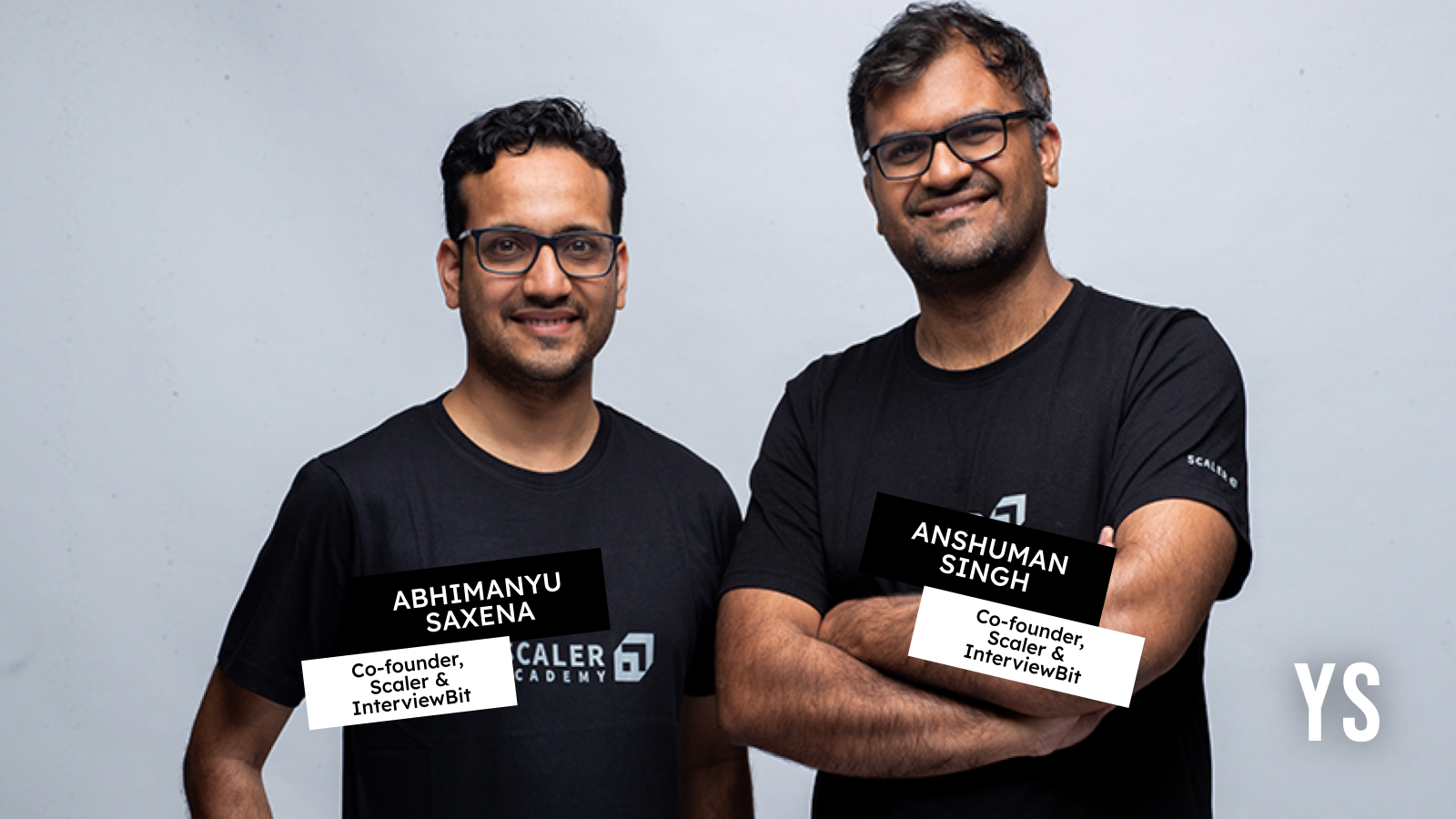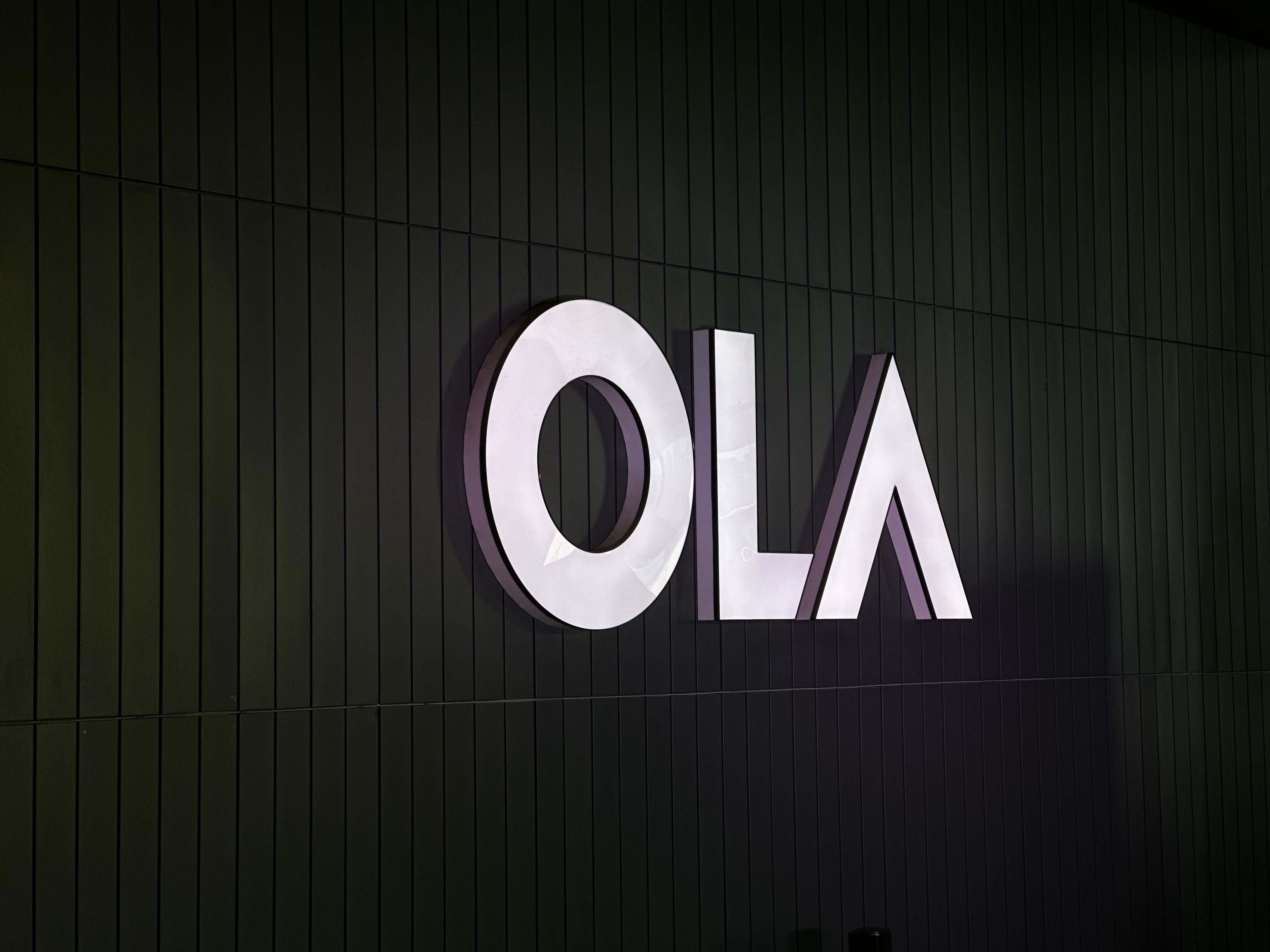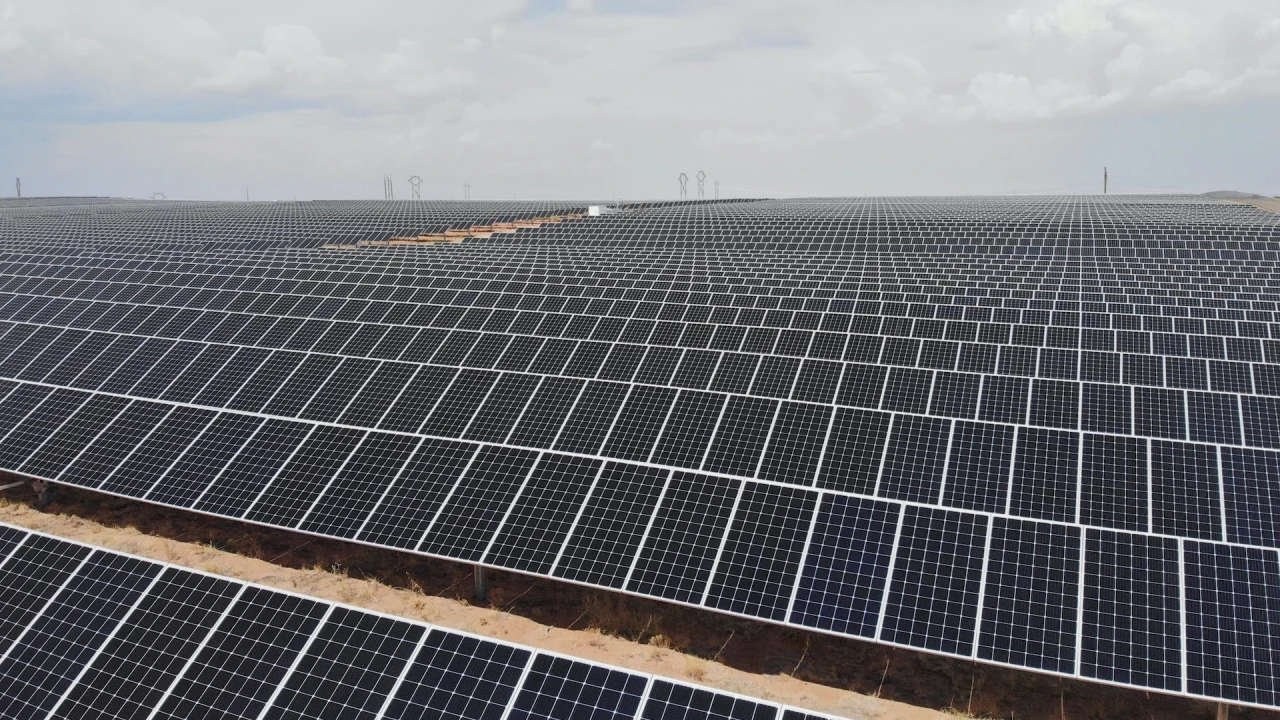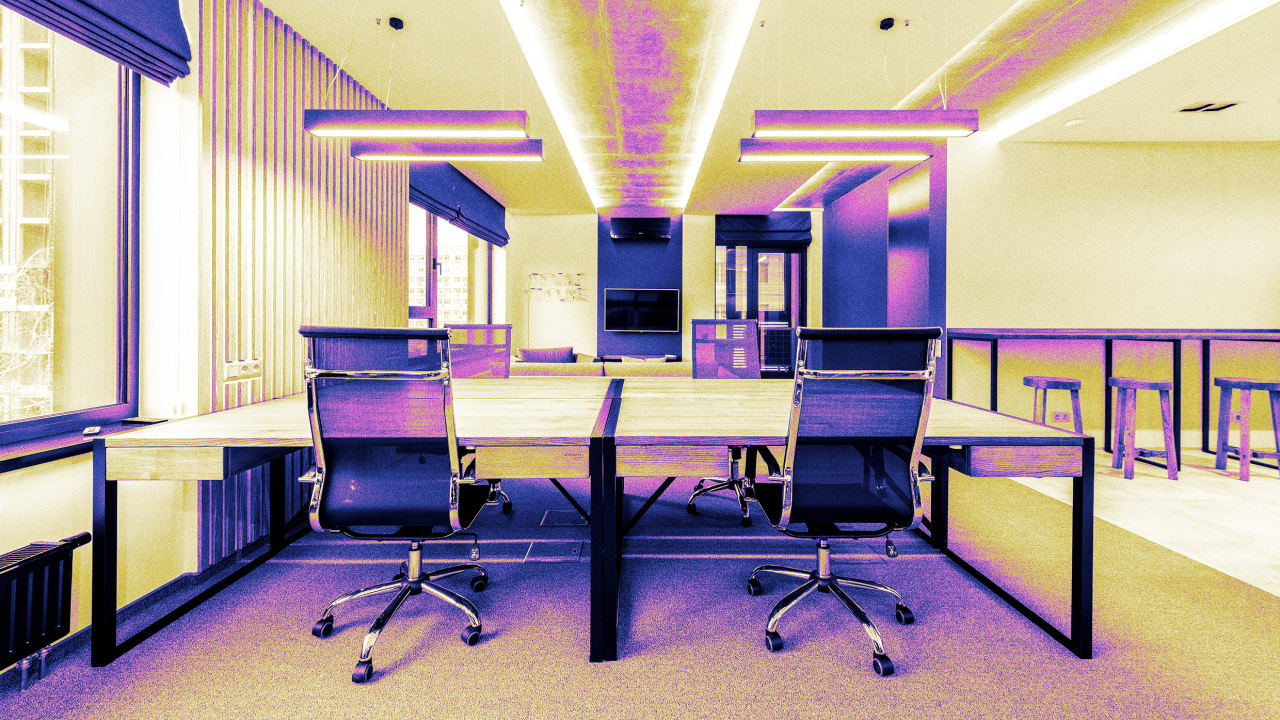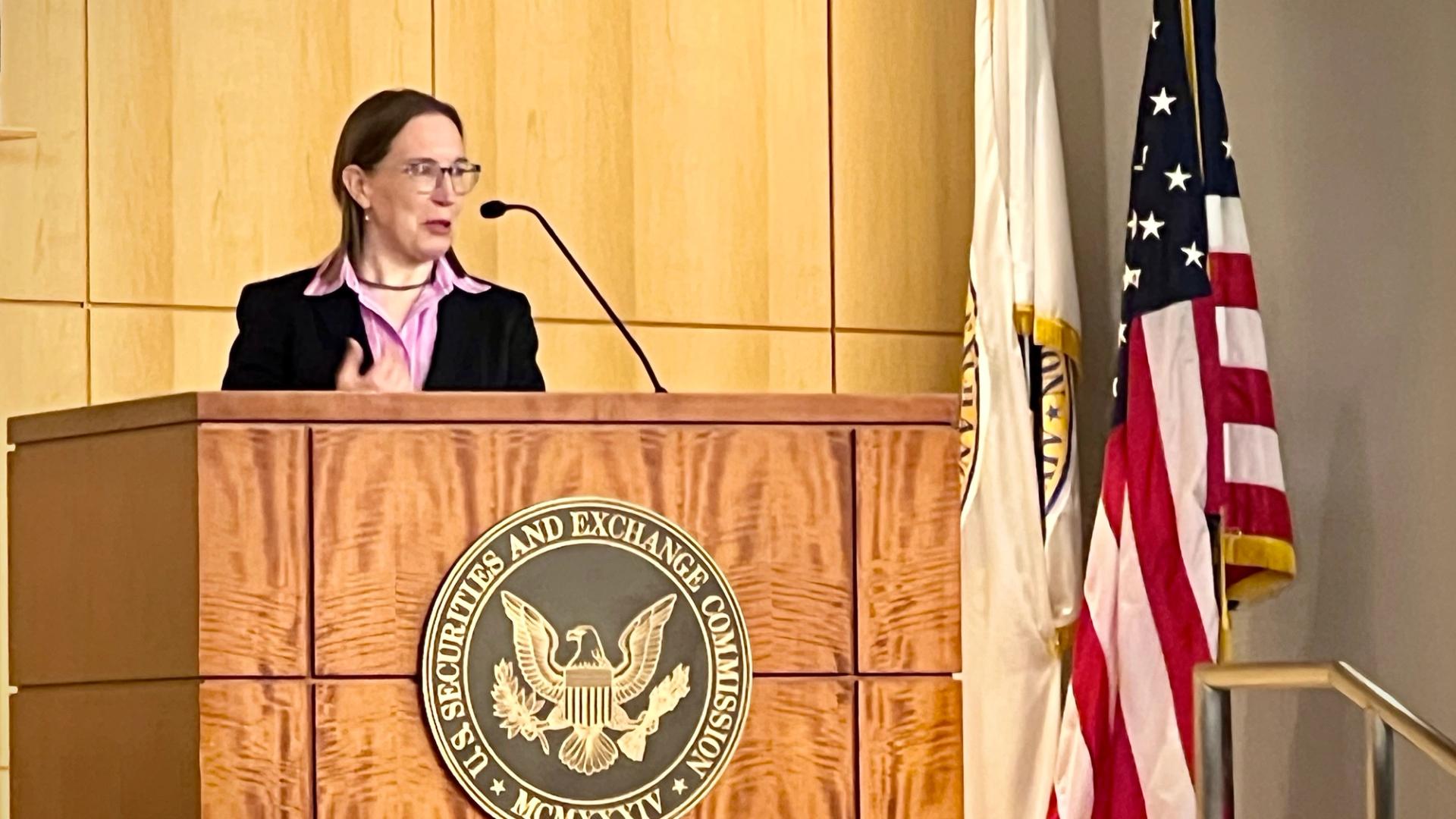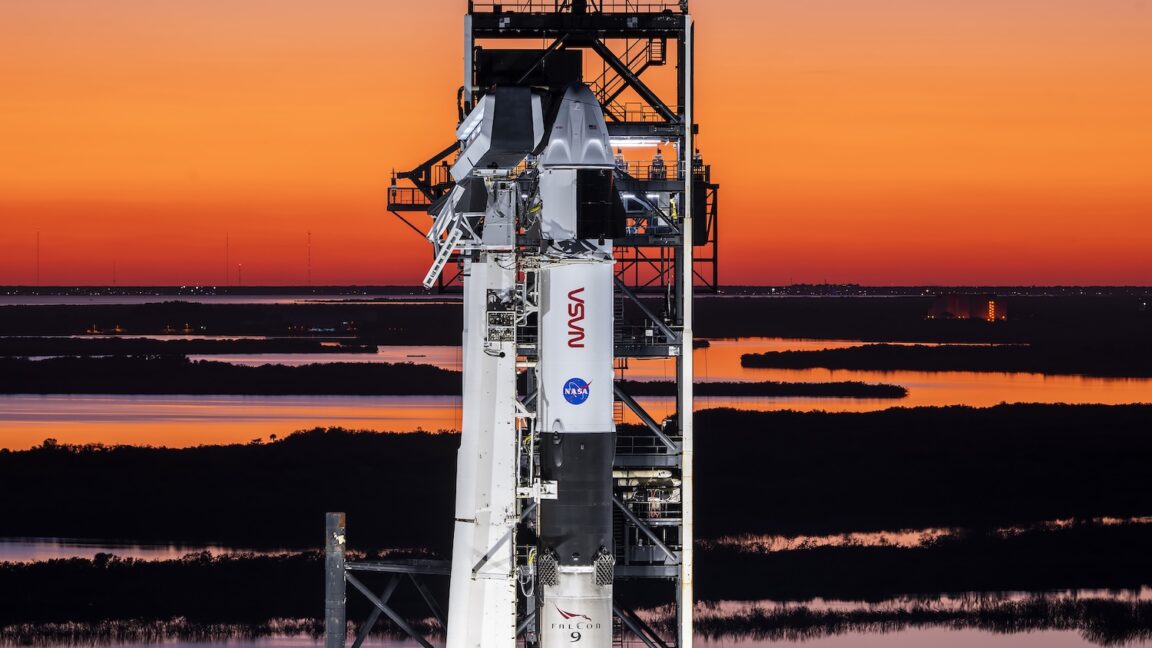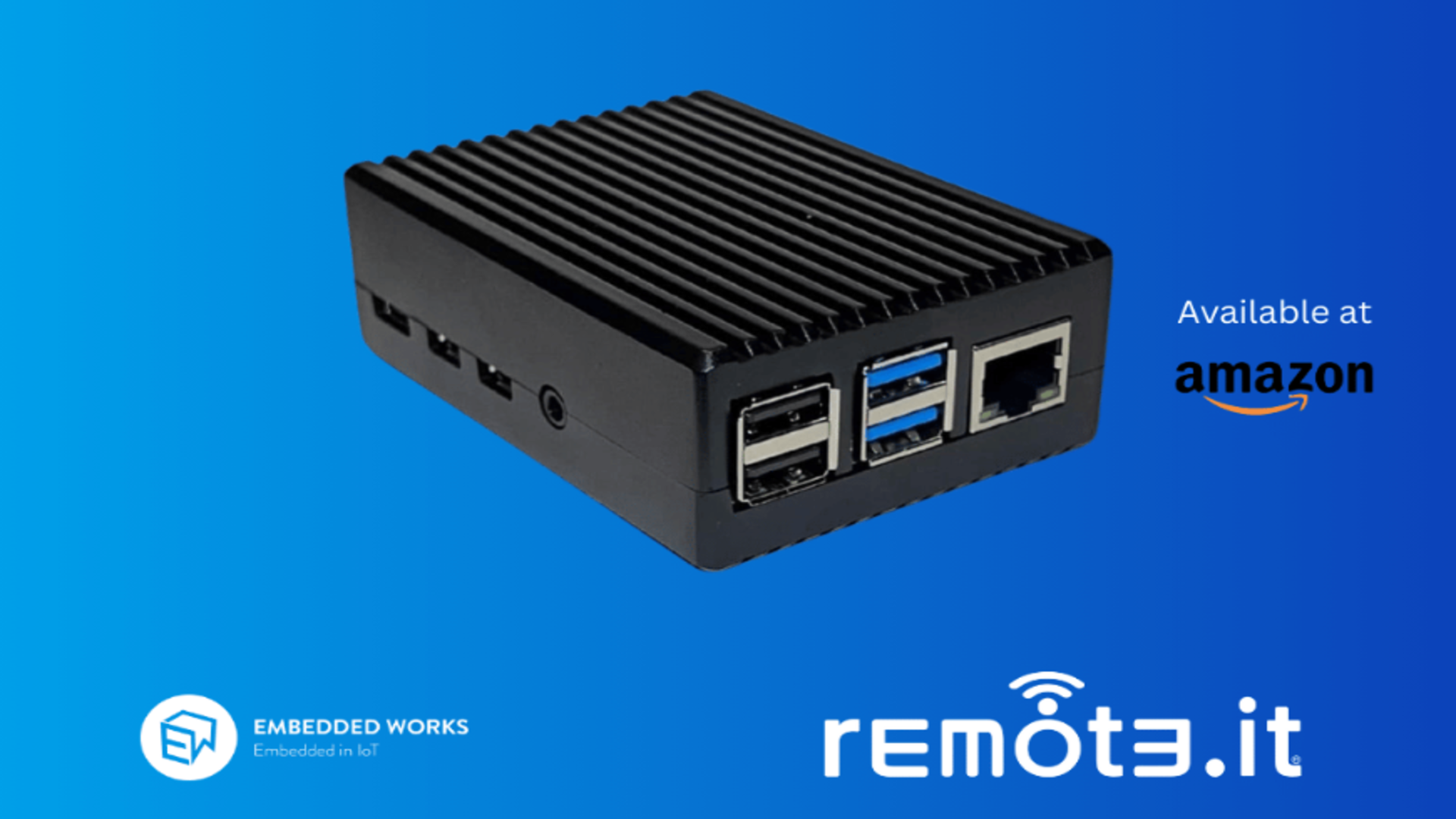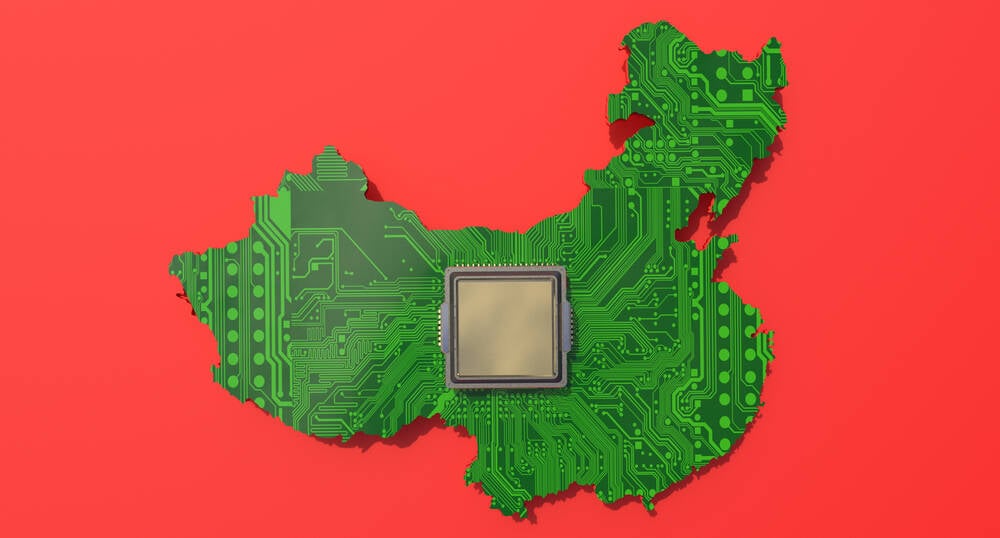Redefining Aerial Frontiers: Inside Maraal Aerospace's Solar UAV Revolution
India's first solar-powered UAV company is on a mission to deliver long-endurance, eco-friendly aerial platforms for critical sectors.


In the wake of growing asymmetric threats and the evolving nature of terrorism, India's security forces face an urgent challenge: detecting and neutralizing terrorist elements hiding in remote, mountainous, or densely forested regions—often without reliable intelligence or real-time aerial visibility. Operation Sindoor, like many critical counter-terror missions, has underscored the limitations of conventional surveillance methods, especially in prolonged operations where endurance, stealth, and persistence are non-negotiable.
India’s dependence on foreign UAV technologies not only restricts operational flexibility but also raises concerns over data sovereignty and real-time responsiveness. The absence of indigenous, long-endurance, and eco-sustainable unmanned aerial systems has left a critical gap in the nation’s tactical surveillance and border intelligence capabilities.
This is where Maraal Aerospace steps in—as a homegrown pioneer offering solar-powered UAVs purpose-built for extended missions, harsh environments, and intelligence-led operations. Combining technological innovation with national security priorities, Maraal’s UAVs represent a transformative solution for India’s defence forces operating on the front lines of modern warfare.
From Research Roots to National Mission
The genesis of Maraal Aerospace lies in the academic corridors of IIT Kanpur, where Dr. Vijay Shankar Dwivedi led the successful development of the Maraal UAV. Collaborating with him in a previous organisation, CEO Vivek Kumar Pandey identified a national void: the absence of a domestically developed, long-endurance UAV for both defence and civilian needs. This realisation seeded the foundation of Maraal Aerospace, driven by a commitment to indigenous, eco-conscious innovation.
“Our mission is not just technological; it's a national imperative,” says Pandey. “We’re creating aerial systems that support defence, disaster relief, infrastructure inspection, and environmental monitoring—while reducing carbon footprints.”
A Veteran-Led Leadership Team
Maraal Aerospace is helmed by a formidable founding team that blends academic excellence, military discipline, and entrepreneurial insight. CEO Vivek Kumar Pandey brings prior experience in UAV design; CTO Dr. Vijay Shankar Dwivedi, a PhD from IIT Kanpur, is the lead developer of India’s first solar UAV; Strategic Advisor Biju Balakrishnan, an Army veteran, offers extensive entrepreneurial experience; and Co-founder WG CDR R K Sharma, a veteran of the Indian Air Force, contributes over four decades of aerospace expertise. Together, they embody a fusion of rigour, operational acumen, and innovation needed to lead India’s UAV revolution.
Addressing Real-World Problems with Scalable Innovation
Conventional UAVs face operational drawbacks—limited flight time, fossil-fuel dependency, and infrastructure needs. Maraal addresses this with:
- Solar-electric propulsion for up to 12 hours of endurance
- Low maintenance, silent flight, and minimal deployment footprint
- Modular payloads tailored for defence, industrial, and humanitarian missions
By reducing logistical complexity and increasing sustainability, Maraal’s UAVs cater to sectors like border surveillance, environmental monitoring, and precision agriculture.
Strategic Market Focus & Early Recognition
Maraal Aerospace targets a robust clientele that includes the Indian defence forces, the Ministry of Home Affairs, Central Armed Police Forces (CAPF), Central Industrial Security Force (CISF), and public sector energy giants like HPCL and IOCL. Although currently in the pre-revenue phase, the startup has garnered substantial recognition.
It has secured a ₹12.5 lakh Cleantech grant from Citi’s Social Innovation Lab and earned shortlists from notable accelerators and investors, including Mountech (₹5 crore), IIT Kanpur’s Cybersecurity Accelerator (₹2 crore), and HPCL’s Udgam Initiative (₹2.5 crore). Additionally, Maraal has gained international visibility by showcasing at ASEAN-India summits and securing patents for its core technology.
Building for Scale: From UAVs to High-Altitude Platforms
Maraal's modular systems and software-defined avionics allow for rapid scaling. With plans to launch High Altitude Platform Systems (HAPS), the company aims to expand into telecommunications and persistent aerial surveillance markets.
“Our design is inherently scalable. We’re targeting Asia, Africa, and Latin America, where sustainable aerial tech is a game-changer,” says Dr. Dwivedi.
Navigating Challenges with Vision
Early hurdles included optimising solar integration, sourcing aerospace-grade components, and navigating UAV regulations. Lessons learned emphasised iterative development, interdisciplinary collaboration, and stakeholder engagement. “For aspiring founders in deep-tech, stay deeply connected to the problem. Focus on real needs, validate early, and build with resilience. Every small step forward counts.”
Eyes on the Horizon
In the short term, Maraal is gearing up for TRL 9 flight tests in June 2025, aiming for commercialisation. Over the next 3–5 years, it plans to expand manufacturing, diversify its UAV portfolio, and enter global markets.
































